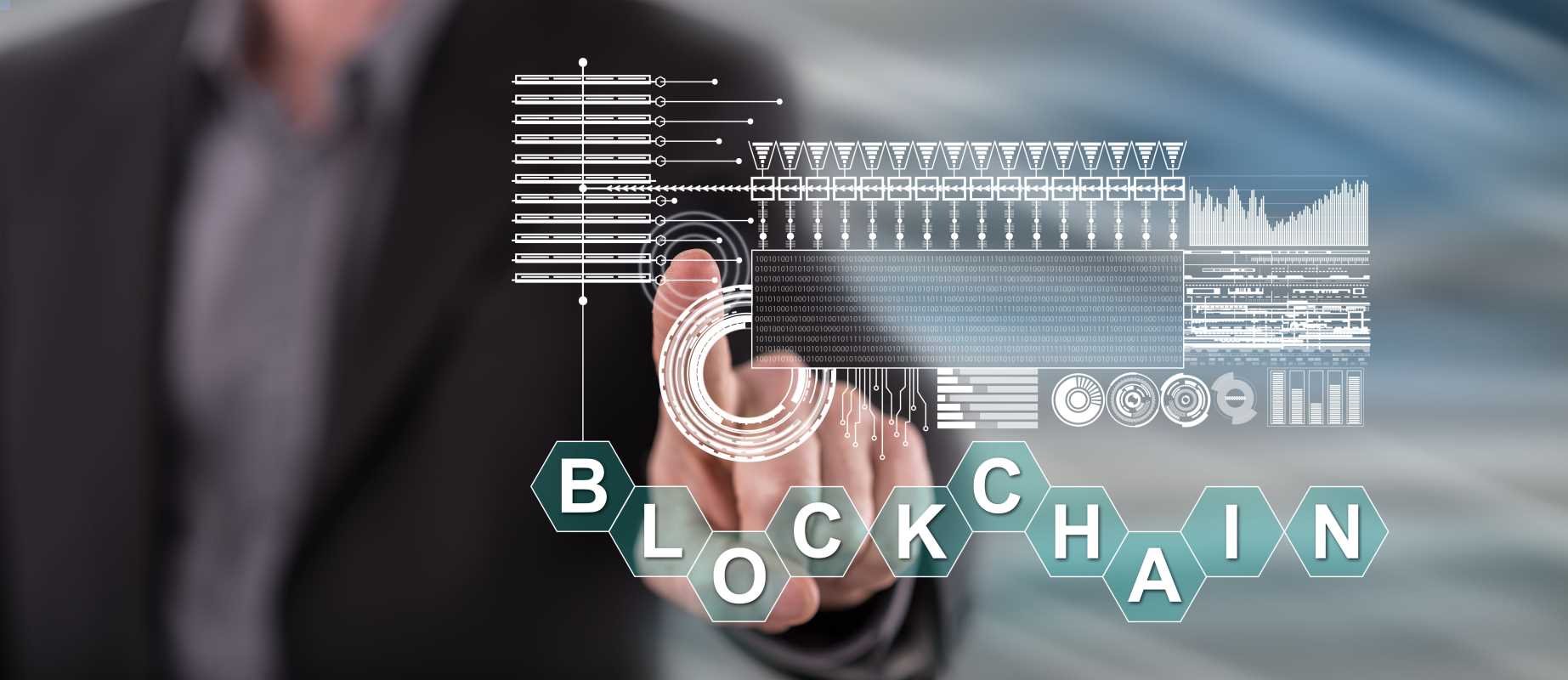What if every financial transaction could be recorded instantly, securely, and transparently, creating a perfect, unchangeable record that everyone could trust? Get ready to be inspired, because this isn’t science fiction—it’s the power of blockchain, and it’s poised to completely transform the world of accounting!
Welcome to the future of finance, where this groundbreaking technology is moving beyond cryptocurrency to revolutionize how accountants handle transactions. By offering unprecedented security and efficiency, blockchain is set to streamline age-old processes and empower accountants like never before. Let’s dive into how this incredible innovation works and explore the exciting ways it’s shaping the future of the industry!
What is Blockchain and Why Should Accountants Care?
At its core, a blockchain is a decentralized, distributed, and unchangeable digital ledger. Think of it as a shared digital record book. When a new transaction occurs, it’s recorded as a "block" of data. This block is then cryptographically linked to the previous one, forming a "chain." Once a block is added, it cannot be altered or deleted, creating a permanent and transparent record of every transaction.
For accountants, this is a game-changer! Traditional accounting relies on separate ledgers maintained by each party in a transaction, which often leads to errors, delays, and the need for lengthy reconciliation. Blockchain creates a single, shared source of truth.
The benefits are truly transformative:
- Enhanced Security: The decentralized and cryptographic nature of blockchain makes it nearly impossible to tamper with. This drastically reduces the risk of fraud and unauthorized changes.
- Unmatched Transparency: All parties with permission can view the same ledger in real-time. This creates a new level of trust and eliminates disputes over transaction data.
- Incredible Efficiency: With a single, shared ledger, the need for manual reconciliation disappears. This frees up accountants from tedious tasks and allows them to focus on more strategic, high-value work.
Key Ways Blockchain is Revolutionizing Accounting
The potential applications of blockchain in accounting are vast and exciting. From streamlining audits to automating processes, this technology is set to redefine the role of the modern accountant.
1. The End of Tedious Auditing
Auditing has traditionally been a time-consuming process of verifying samples of transactions from separate ledgers. Blockchain turns this model on its head. With a complete, time-stamped, and unalterable record of every transaction, auditors can access and verify 100% of a company’s financial data with confidence.
Instead of just checking for accuracy after the fact, auditors can monitor transactions in real-time. This shift from periodic sampling to continuous verification makes the auditing process faster, more accurate, and far more efficient. It allows auditors to focus on identifying anomalies and providing strategic insights rather than getting bogged down in manual verification.
2. Supercharged Fraud Detection
The immutable nature of blockchain creates a powerful defense against fraud. Because every transaction is permanently recorded and linked to the previous one, it’s virtually impossible for anyone to alter or delete records without being detected.
This transparency means that any fraudulent activity would leave a clear digital trail. Accountants can use this to their advantage, easily tracking the flow of assets and identifying suspicious transactions with greater speed and accuracy. It provides a robust framework for preventing financial crimes before they can cause significant damage.
3. The Magic of Smart Contracts
Smart contracts are one of the most exciting applications of blockchain technology. These are self-executing contracts where the terms of the agreement are written directly into code. They automatically execute actions—like releasing payments or transferring ownership—once predefined conditions are met.
For accountants, this is revolutionary. Imagine an invoice that automatically pays itself once the goods are confirmed as delivered.
- Automated Payments: Smart contracts can automate routine payments for payroll, vendor invoices, and lease agreements, reducing administrative overhead and ensuring timely payments.
- Conditional Transactions: Complex transactions, like those in supply chain management, can be automated. For example, payment to a supplier can be automatically released as soon as a shipment is verified at its destination.
- Reduced Disputes: Because the terms are coded and the execution is automatic, smart contracts minimize the potential for human error and disputes.
Navigating the Challenges of Adoption
While the potential of blockchain is immense, the path to widespread adoption is not without its challenges. The accounting industry is traditionally cautious, and integrating such a transformative technology requires careful consideration.
- Regulatory Uncertainty: The legal and regulatory framework for blockchain is still evolving. Clear guidelines are needed to ensure compliance and build trust in the technology.
- The Need for New Skills: Accountants will need to develop a new skill set to work effectively with blockchain. This includes understanding the fundamentals of the technology, data analytics, and cybersecurity.
- Integration with Existing Systems: Integrating blockchain with legacy accounting systems can be complex and expensive. Companies need a clear strategy for making this transition smoothly.
- Scalability Concerns: Some blockchain platforms can be slow and expensive to use, especially for a high volume of transactions. However, new solutions are continuously being developed to address these scalability issues.
The Future of Accounting is Strategic and Empowered
Blockchain is not here to replace accountants. Instead, it’s here to empower them. By automating tedious and repetitive tasks, this technology is freeing up accountants to take on a more strategic and advisory role.
The accountant of the future will spend less time on data entry and reconciliation and more time on:
- Data Analysis and Interpretation: Analyzing the rich data provided by the blockchain to offer valuable business insights.
- Strategic Planning: Advising clients on financial strategy, risk management, and business growth.
- System Oversight: Ensuring the integrity and security of the blockchain systems their organizations use.
 (Image via
(Image via


.jpeg)


